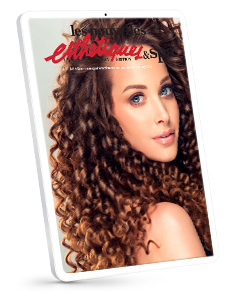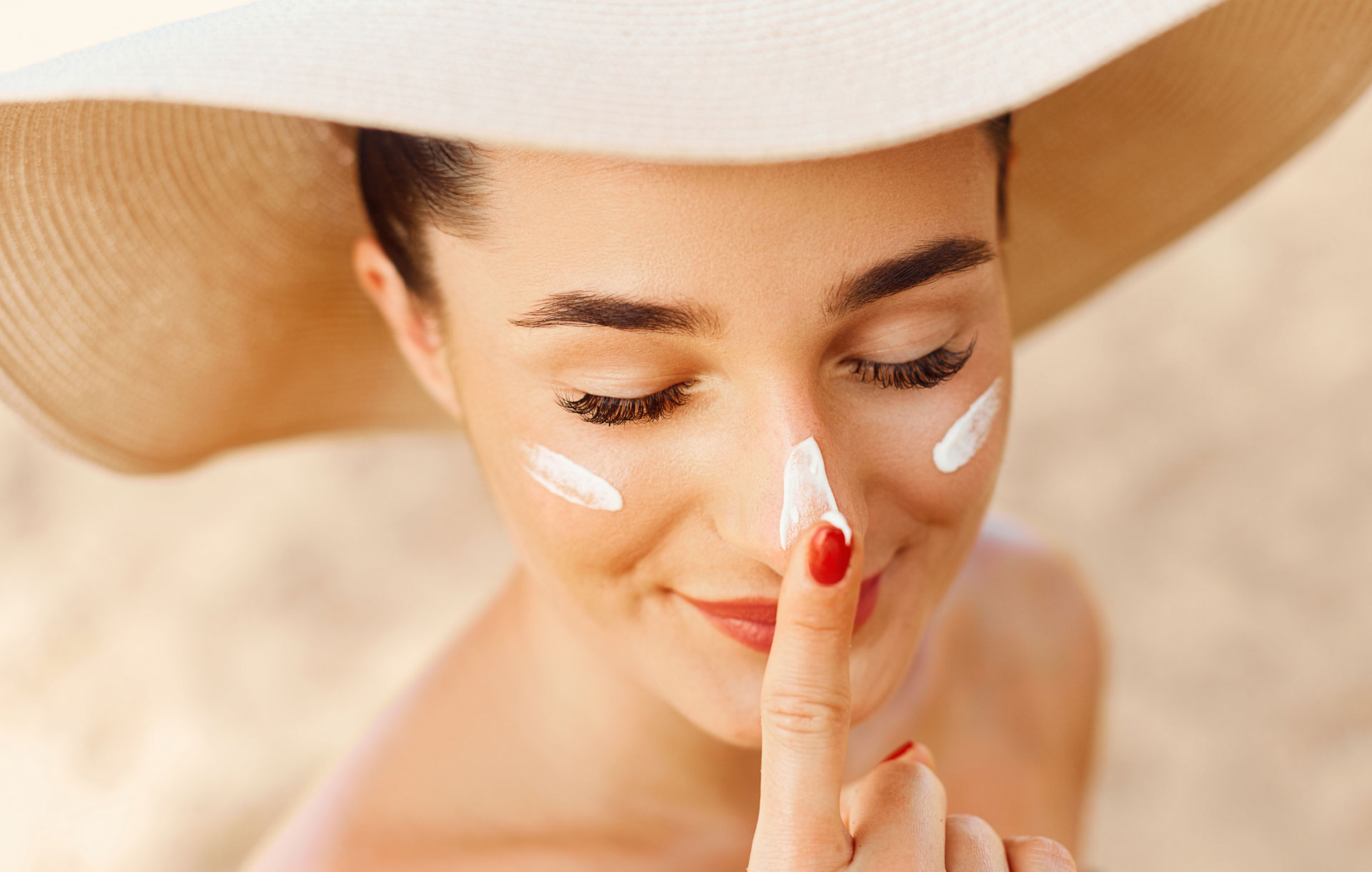The best sunscreens for your clients’ skin type
In recent years, the sunscreen market has exploded. Almost every brand has released its own formulation, touting to double as a foundation, primer, or miracle. Many of these formulations are marketing tactics, and as professionals, it’s easy to see through some of the crazier claims. Your clients, however, may fall into the “convenience” trap. If something is easy and claims to do multiple things, it must be worth the hefty price tag, right?
In reality, sunscreen doesn’t need to have a million purposes. Only one: protect the skin from UVA and UVB rays. Sunscreen formulations are typically made up of similar inactive ingredients, usually meant to keep them stable and functioning properly. The active ingredients can determine if they will be better for dry skin, oily skin, sensitive skin, etc. Learning which type of sunscreen benefits which skin type will help your client choose the best one for their unique needs.
[ihc-hide-content ihc_mb_type=”show” ihc_mb_who=”2,4,6,7,5″ ihc_mb_template=”3″ ]
Oily Skin
Those with oily skin often shy away from sunscreen because they are used to the thick, heavy formulas their parents used on them as kids. Those types of formulations can be easily sweated off, especially on a person with higher oil levels to begin with. The skincare industry has come a long way with sunscreen, now offering formulations specifically catering to oily skin that last through excessive sweat or exercise.
Chemical sunscreens can contain the active ingredients of oxybenzone, octisalate, octinoxate, avobenzone, octocrylene, or homosalate. Chemical SPFs work by absorbing UV radiation before converting them to heat and releasing them from the body. This form of sunscreen works especially well for oily skin because they typically have a thinner consistency than its physical counterparts. They absorb quickly, leaving behind little to no trace, and can even reduce shininess in the skin.
Chemical SPFs are praised for eliminating the ‘white cast’ many sunscreens leave behind. Especially for darker skin tones, the ghostly finish some sunscreens leave may push people to skip it altogether. Chemical sunscreens are often clear or milky in color and once absorbed leave no discoloration on the skin tone.
Dry Skin
Sunscreen can be a maze of options for someone with dry skin. They need something that won’t amplify dry patches, or worse, make the skin even dryer. A common complaint is that sunscreen clings to flaky skin or settles on the top of the skin, settling into fine lines and texture. Dry skin needs an SPF that will hydrate the skin during wear.
Physical sunscreens, sometimes referred to as mineral sunscreens, contain the active ingredients of zinc oxide, titanium dioxide, or a blend of both. Mineral SPFs work by blocking the sun’s harmful rays and reflecting them out. Unlike chemical sunscreen, mineral sunscreen acts as a shield from rays instead of absorbing and converting them. This is where the word ‘sunblock’ comes from.
While usually thicker in consistency than chemical sunscreens, mineral SPFs have come a long way and are no longer the opaque white pastes reminiscent of paint. Newer formulations absorb effortlessly, leaving the skin moisturized and protected. Mineral SPFs are naturally soothing, thanks to the high zinc percentage, ensuring no further irritation or dryness will follow.
Combination Skin/Normal Skin
For combination skin, choosing sunscreen can feel daunting when trying to appease dry cheeks and an oily t-zone. Luckily, there is a readily available solution. A hybrid sunscreen incorporates ingredients from both chemical and physical sunscreens. While it’s not typically recommended to mix two separate formulas, a hybrid sunscreen is stabilized and curated for use.
Those with normal skin can take their pick of the sunscreen types, as most will mesh nicely with their skin’s biome. Normal skin types may choose to seek SPFs with brightening or refining properties. It’s important to remember the best sunscreen is the one that your client will enjoy wearing.
Sensitive Skin/Acne-Prone
Acne-prone or sensitive skin types may have had bad experiences with sunscreens because they caused redness, breakouts, stinging, or irritation. Chemical sunscreen can exacerbate alreadysensitized skin. Physical sunscreens are the ideal option for those dealing with acne or sensitivity. Zinc is a natural anti-inflammatory ingredient that has been shown to help soothe inflamed acne lesions and reduce redness.
[/ihc-hide-content]













